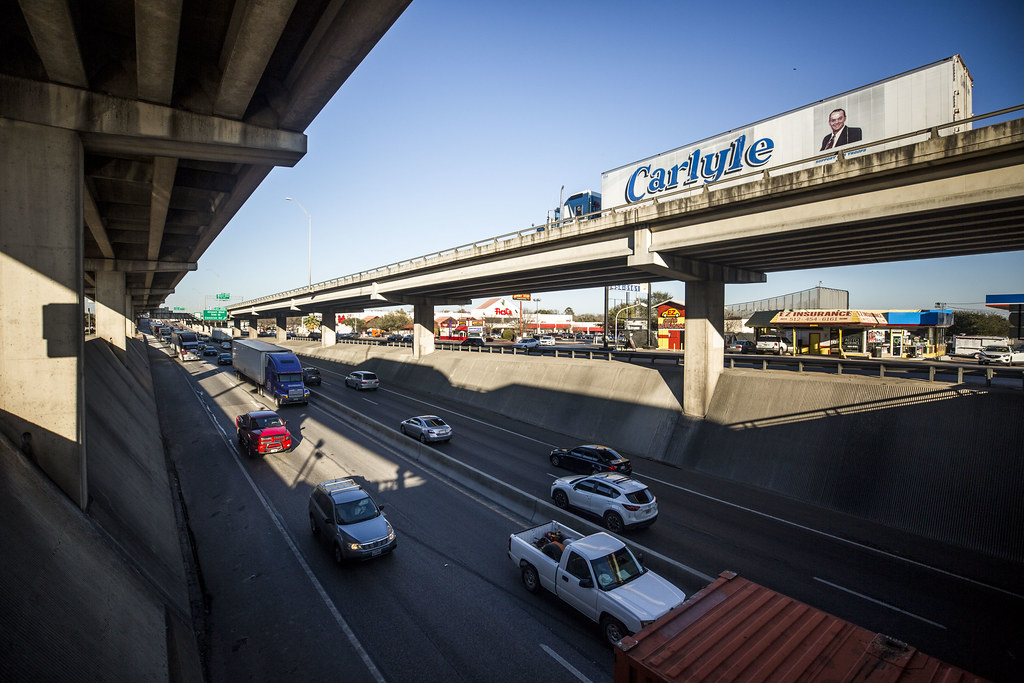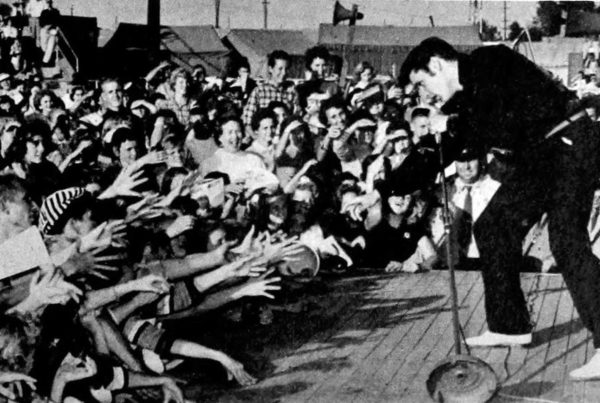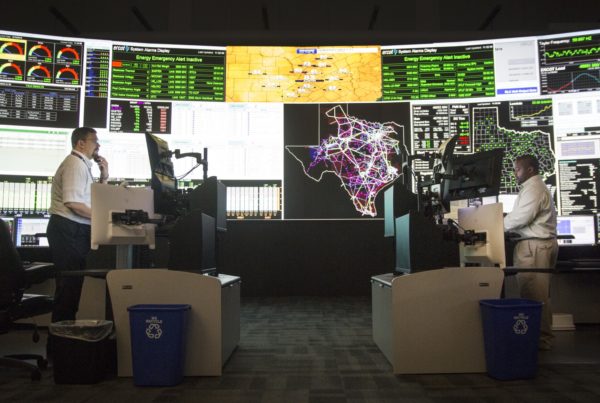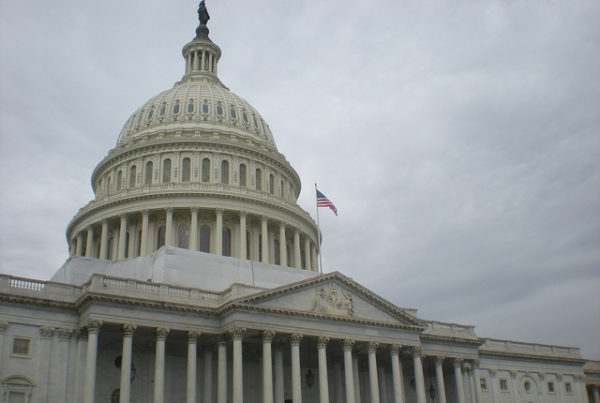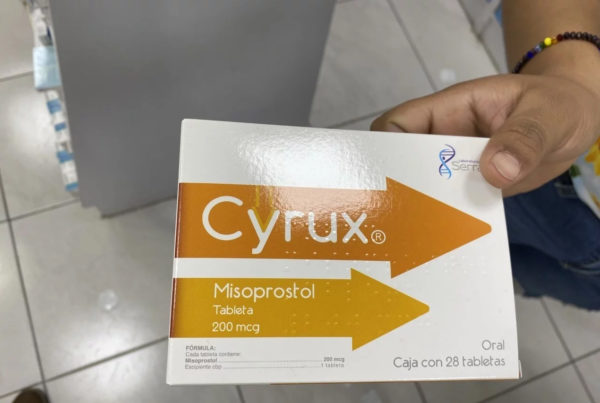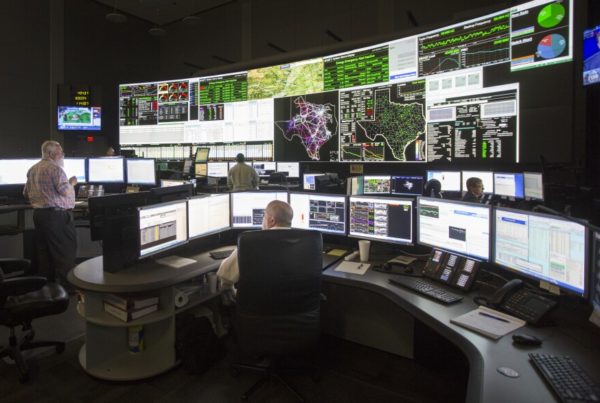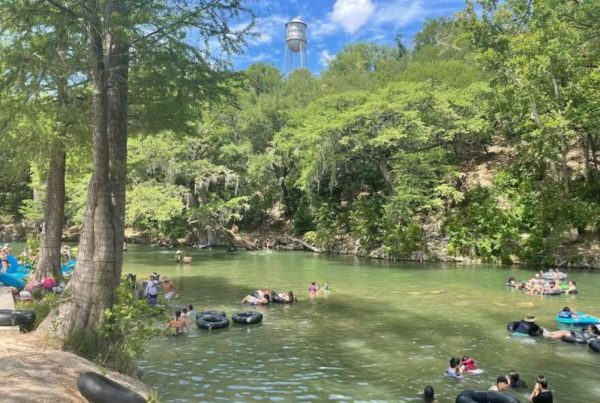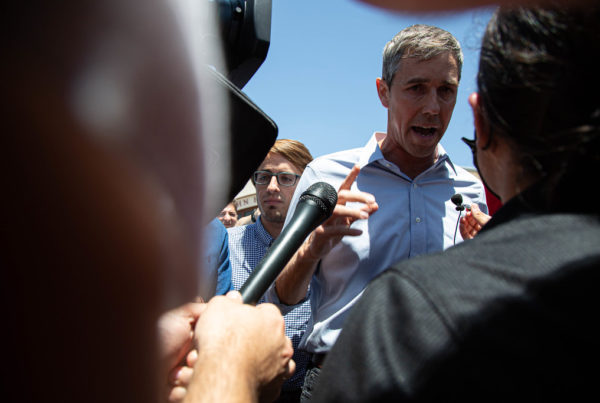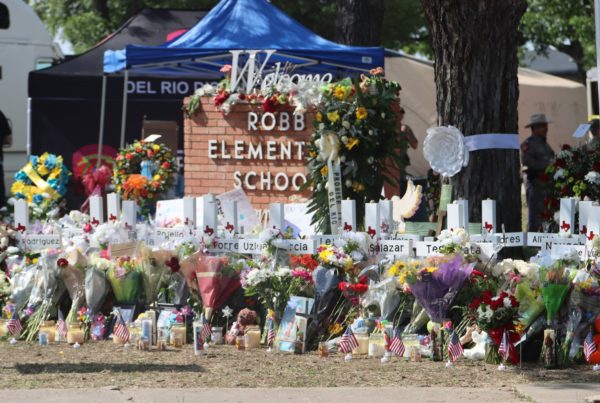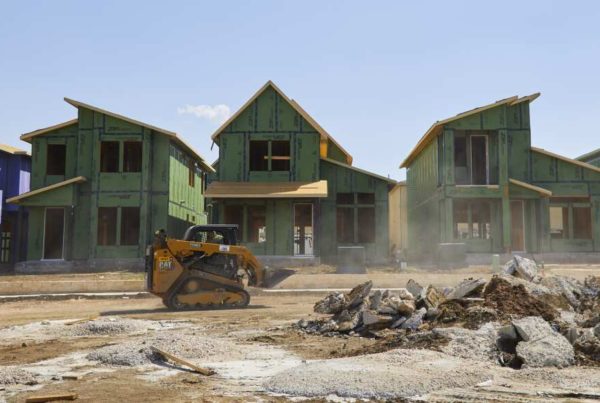The state has released a plan that would spend a record $85 billion over the next decade to improve its transportation infrastructure. The Houston Chronicle reports the plan “directs federal and state funding to highway, bridge, transit, airport, ferry, bike and pedestrian projects.” But that price tag is also high because of inflation – which could affect the number of projects that actually get done under the plan.
The Unified Transportation Program proposes freeway expansions in Texas’ major cities, as well as fixing both little and big streets across rural and urban areas, said Jay Crossley, executive director of the Austin nonprofit Farm & City, which advocates for maintaining current Texas highways and making them safer, versus expanding the state’s highway system.
Crossley said the plan does include significant improvements, including dedicating $800 million more to highway and road safety; an increase in the Transportation Alternatives program, which means things like safe routes to school, safe sidewalks and safe bike routes; and a proposal to increase Americans with Disabilities Act funding to $15 million a year.
Crossley said the proposal – which has “some really great things, but also some things that I think are not what the people of Texas want or need” – is focused too much on limiting congestion on highways and not enough on addressing safety and mass transit.
“The overarching strategy contained here is to try to go after congestion, which is basically tilting at the windmill of magically somehow defeating congestion, which has never worked in the past,” he said. “Congestion is no fun. Most Texans don’t want to have to drive so much. And most Texans don’t want to have to risk their life using our transportation system. But what we’ve been doing hasn’t really worked. And there aren’t examples where Texans aren’t driving as much. And you get a greater economic impact if you invest in sidewalks or transit, if that’s your concern.”
A month-long public comment period for the plan runs through 4 p.m. on Aug. 8, and a virtual public hearing is scheduled for July 26 at 2 p.m.
“I strongly encourage everyone to write in,” Crossley said. “And you don’t need to know about engineering standards or specific projects. You need to tell TxDOT what you want from our transportation system.”


